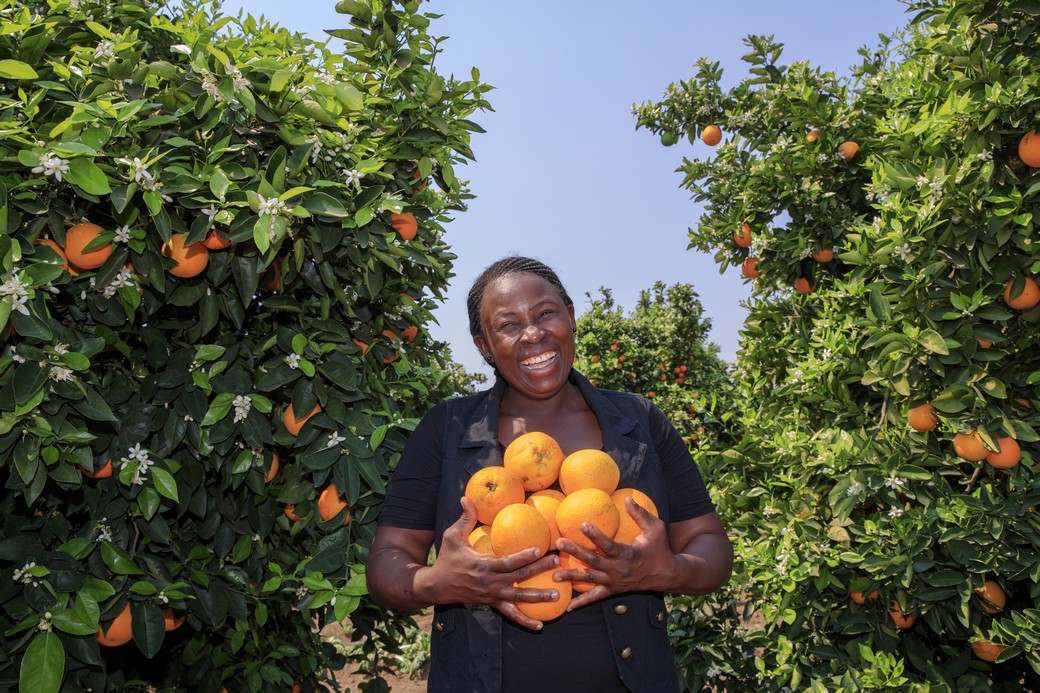Cesvi launches the policy paper Building livelihood and community resilience to identify a policy framework and best practices for building resilient approaches in fragile and volatile environments, starting from the analysis of two field projects.
Cesvi decided to commission this work to ODI (Overseas Development Institute), an independent think tank that promotes global progress and prosperity by focusing on improving the lives of the world’s poorest people.
Resilience is a crucial issue that needs an adaptive management and flexible programming. The research presents two case studies on Somalia and Zimbabwe, where Cesvi has implemented resilience-building projects.
In Somalia, where clan conflicts and recurrent droughts have made local communities extremely weak, Cesvi has been working within the BRCiS Consortium since 2013. The desired outcome is helping communities respond to climate change and environmental shocks. The approach evolved over the time, and it is now based on integration and flexibility in order to respond to the specific needs of local populations. The programme has improved livelihoods in 100 communities in south and central Somalia with a focus on the main vulnerable groups such as women and IDPs.
For decades, Zimbabwe has experienced a declining of food production. The economic situation is getting worse and worse also due to recurrent droughts. In this context, Cesvi implemented a five year-programme to improve food security and livelihood in two different areas of the Country through the sustainable, integrated and diversified management of smallholder farming. The “Shashe Initiative” contributed to a shift from a traditional agriculture to a more innovative system based on new technologies, market links and community ownership. The project provided access to irrigation for about 200 farmers and their families, enhancing food security and improving local economy.
Transformation is the goal of resilience-building. The final recommendations of the paper highlight a policy framework and pathways for future efforts: strong partnerships and links among local authorities, communities, international donors and the private sector are key to effective and sustainable resilience-building actions.
Cover photo by Giovanni Diffidenti
